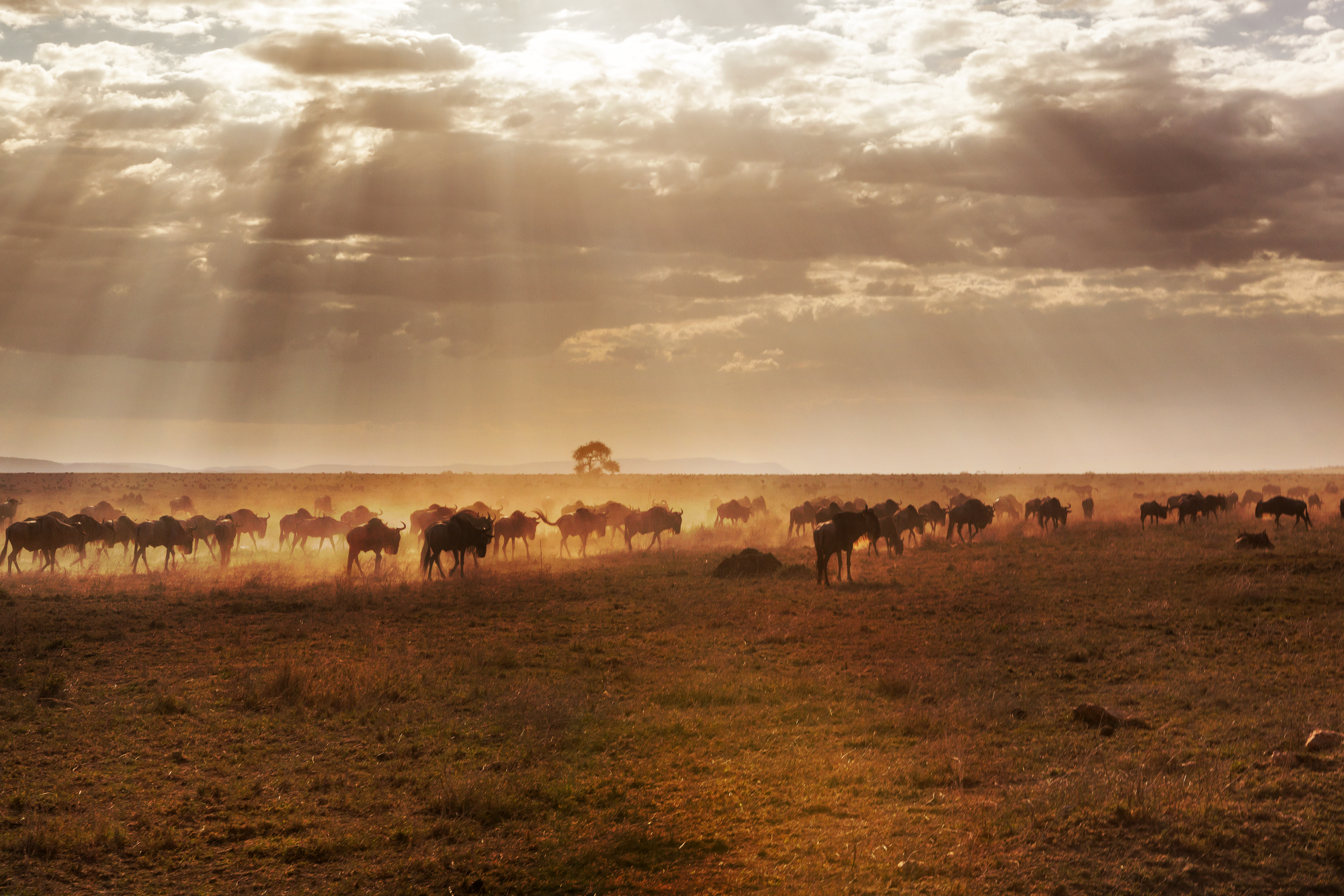Trophy hunting, often portrayed as purely harmful, can play a significant role in conservation when responsibly managed. The UK’s proposed Hunting Trophies (Import Prohibition) Bill aims to protect endangered species by banning the import of hunting trophies from CITES-listed animals. However, the data shows that legal trophy hunting rarely threatens these species and, in many cases, contributes positively to their conservation.
From 2000 to 2021, the UK imported trophies from 73 CITES-listed species—mostly from countries where those populations are stable or growing. The major threats to these species are not hunting, but habitat loss and poaching. In contrast, legal hunting can fund habitat protection, anti-poaching efforts, and rural development.
By cutting off economic incentives for local communities to conserve wildlife, a blanket import ban may do more harm than good. Effective conservation policy requires a nuanced approach: science-driven decisions, community involvement, and adaptive regulation that ensures ethical and sustainable hunting practices. Rather than imposing an outright ban, the UK should explore regulated, certified systems that support conservation and rural livelihoods.

